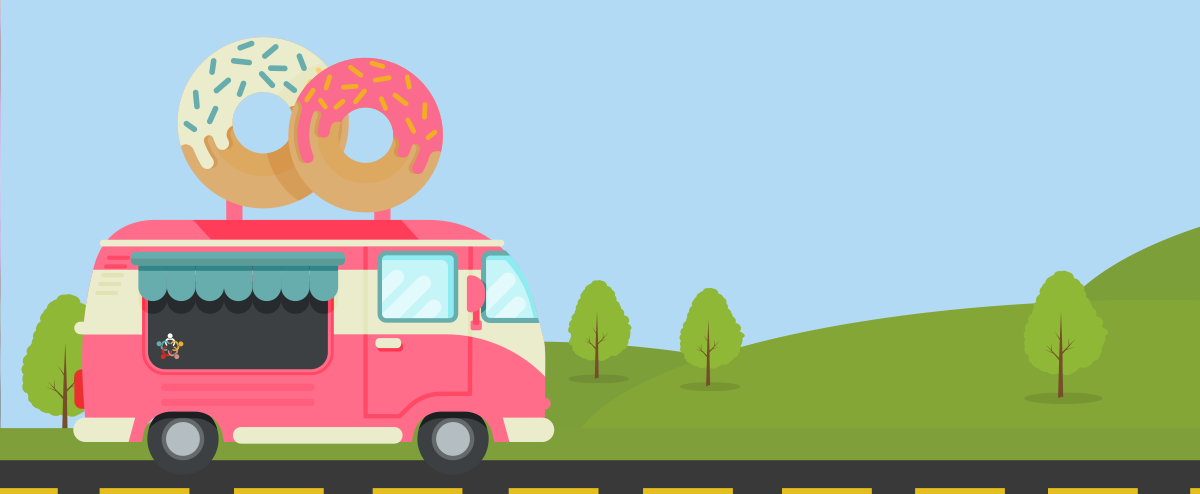
Most people know that you aren’t supposed to go food-shopping when you’re hungry. If your stomach is growling, you’re prone to making bad decisions. By the time you reach the checkout counter, you’re walking out with unhealthy foods and empty calories. If you value your health, grocery shopping on a full stomach is the way to go.
Hunger is just one human drive that clouds our ability to make good choices. There are many others motivational states that impact our thought processes. Every human has experienced how motivation can blur our thoughts and perceptions. The scary part is how these feelings lead us to make bad choices that seem so obvious to everyone else.
In extremely stressful or dangerous situations, our fight-or-flight instincts are designed to kick-in for survival reasons. In more moderate scenarios, where nothing is drastically wrong, we simply make decisions that surrender to our immediate needs or feelings; with little regard for the long-term pros and cons.
If we move from the grocery store to the workplace, we often see a similar situation unfolding. Too many people wait until they’re unhappy before looking and comparing their job with others. Like grocery shopping on a full-stomach, the best time to land a new job is while you’re still reasonably satisfied in your current position. Rather than waiting until you’re miserable, and making a decision fueled by quick-fixes (for example, a bad boss or long commute), you should regard new opportunities from the perspective of how they satisfy your career needs-at-large. This rationale supports the premise that we should always be open to new career opportunities.
Whether you’re looking for more money, company culture or the opportunity to revolutionize an industry, the best time to evaluate potential jobs is when you’re happy.
So how do you decide when an opportunity is good enough to actually warrant making a career move? There’s no right answer. Some people rely on a gut feeling, finding the balance between looking and leaping. According to Tom Griffiths and Brian Christian, authors of Algorithms to Live By, there’s a factual answer to what balance is. Given a predetermined and finite search period, you should spend 37% of your time gathering information before making your decision. Suppose you want to stay in your next job for no more than 3 years. You should spend one year, one month, and ten days evaluating your options. After that, you should jump on the next opportunity that’s better than all those you’ve already seen.
However you make your decision, remember to make it before you’re unhappy. Otherwise you’ll end up in a new job that’s worse than the one you left behind, and eating ice cream for dinner.
